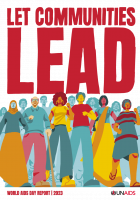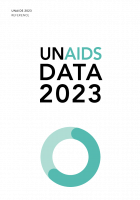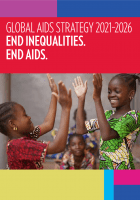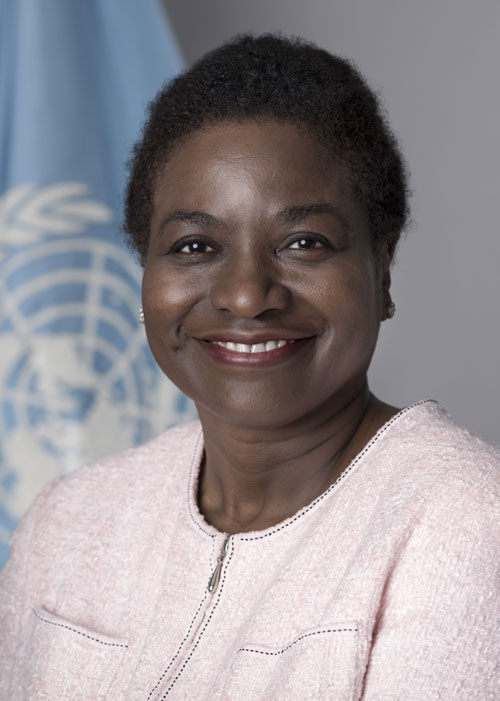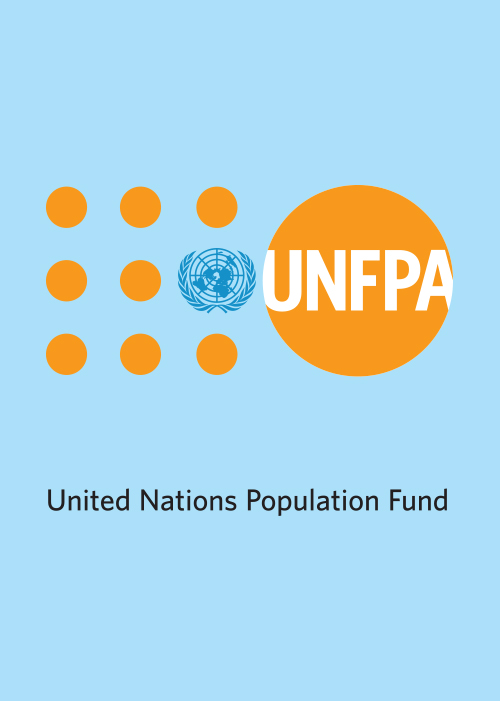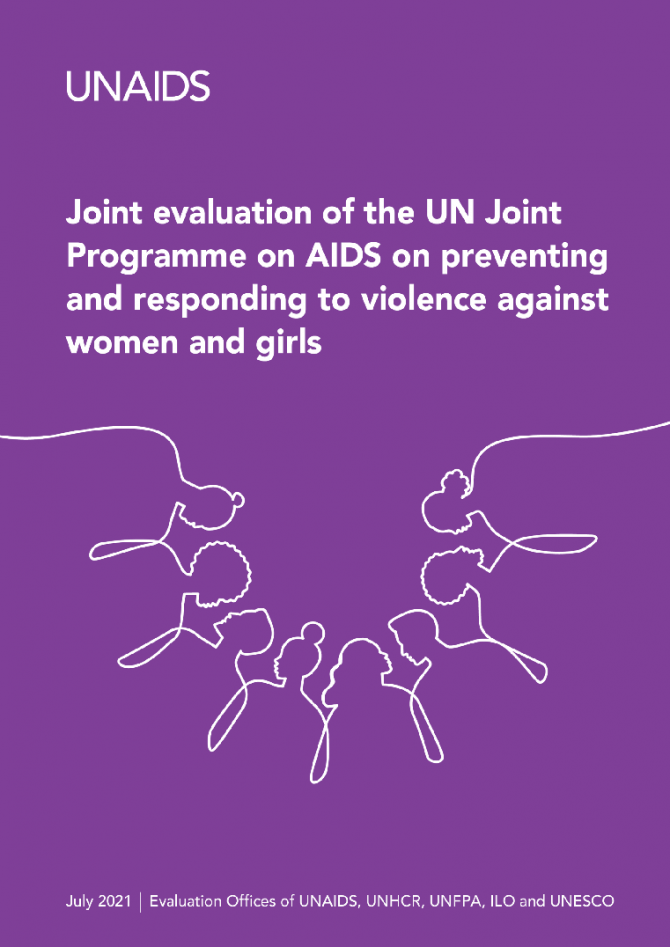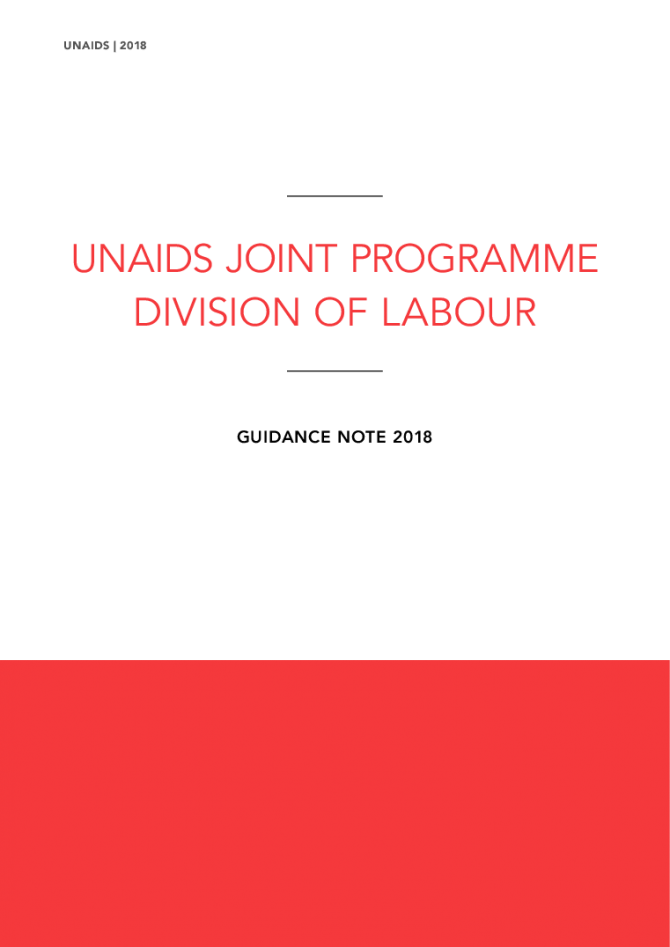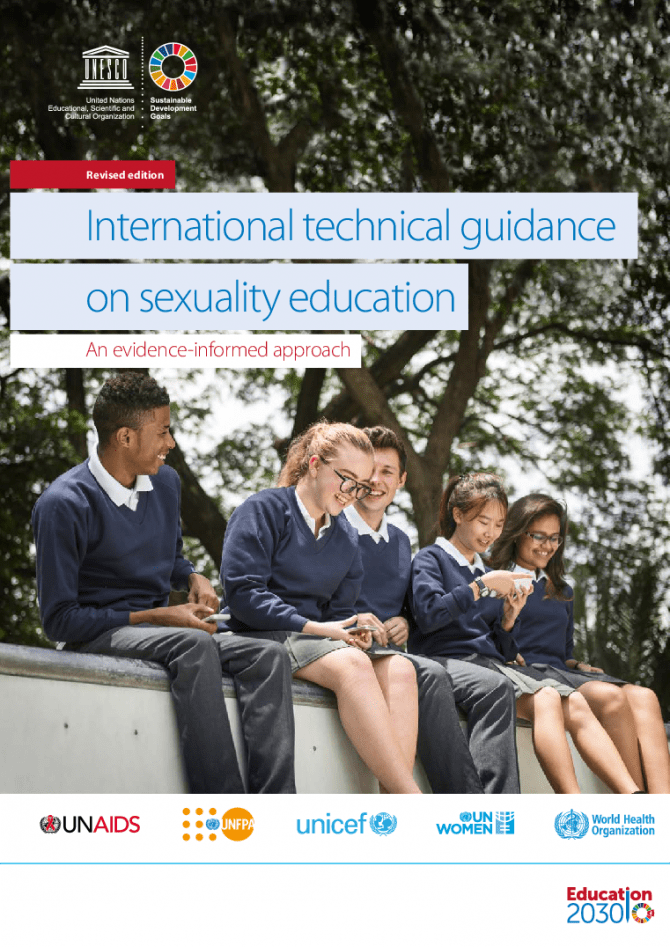The United Nations Population Fund (UNFPA) strives to deliver a world in which every pregnancy is wanted, every birth is safe and every young person’s potential is fulfilled.
Working on the ground in some 150 countries, UNFPA expands the possibilities for women and young people to lead healthy and productive lives.
Guided by the Programme of Action adopted at the 1994 International Conference on Population and Development and the Millennium Development Goals, the Fund works with governments, other United Nations agencies, civil society and the private sector to make a real difference to millions of people, especially the most vulnerable.
UNFPA helps countries use population data to assess and anticipate needs. It provides technical guidance, training and support to empower its partners in the field, and helps to ensure that the reproductive health and rights of women and young people remain at the very centre of development.
Addressing HIV is integral to UNFPA’s goals of achieving universal access to sexual and reproductive health, and realizing human rights and gender equality. It promotes integrated HIV and sexual and reproductive health services for young people, key populations, and women and girls, including people living with HIV. UNFPA also supports the empowerment of people to claim their human rights and access the services they need.
All of UNFPA’s work on HIV is done by engaging and empowering the communities it is mandated to serve.

